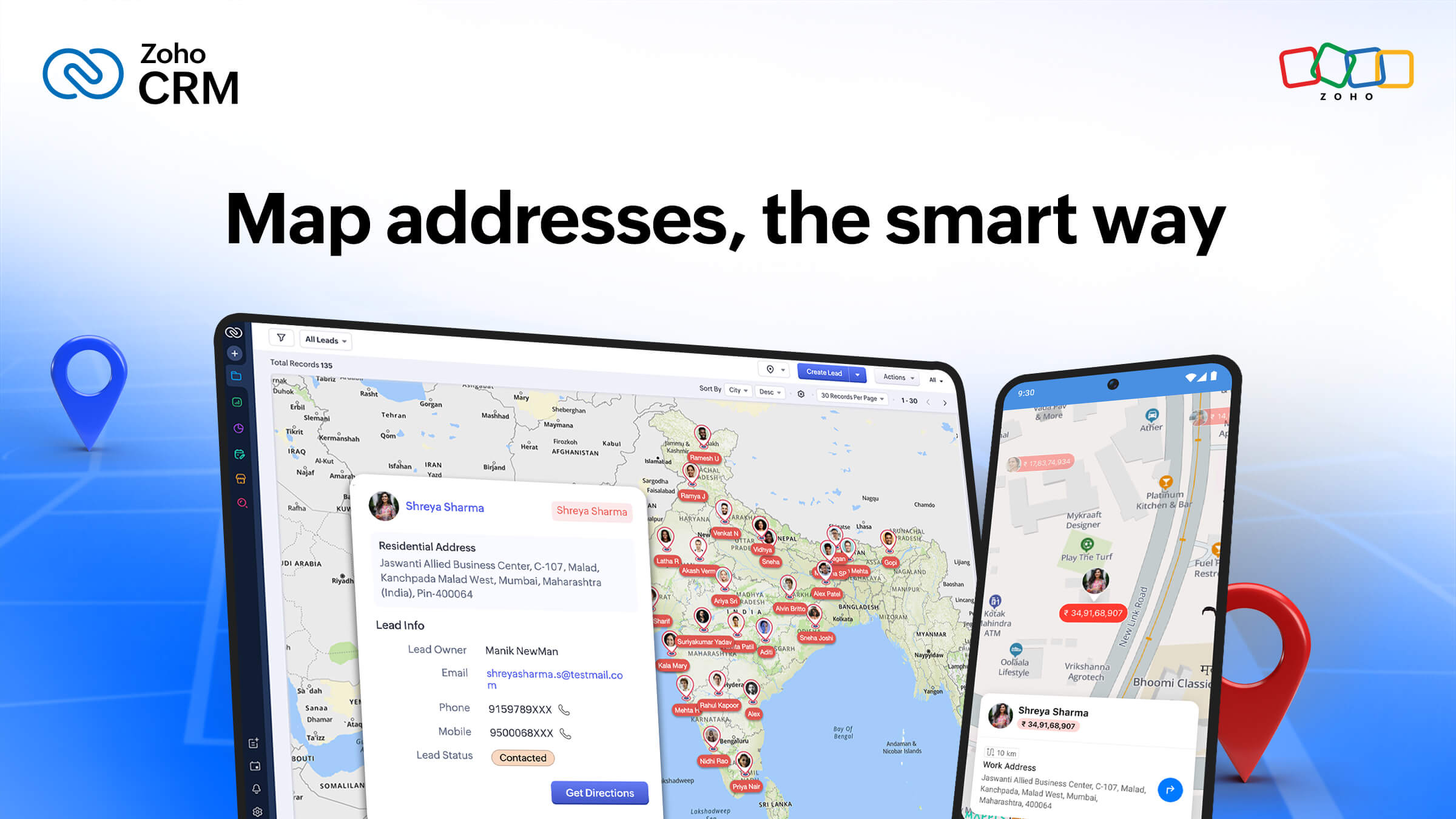How to handle (inevitable) rejection in sales like a pro
- Last Updated : August 7, 2023
- 738 Views
- 4 Min Read

Think back to the first time you asked someone out on a date. If you were like most people, your heart was pounding, your deodorant wasn’t working, and you don’t remember forming complete sentences.
It’s unsettling and scary putting yourself in vulnerable situations. Those times when you ask a question hoping to hear “yes” but know there’s a good chance you’ll get a “no” instead. In sales, this fear of rejection is omnipotent. No matter how many years of experience or how many sales records you set rejection looms over every call.
“Rejection has killed so many salespeople with stars in their eyes because you face it more than in any other field,” Sales Director at Twist-Ease, Inc. David Oman said. “You can’t take it personally.”
Rejection is part of sales the same way that striking out is part of baseball. Still, Hall of Fame baseball players fail more than twice as much as they succeed. So the question isn’t when, or if you’ll fail, it’s how you respond to it.
Let’s see how rock star salespeople handle the word, “No.”
Don’t take it personally
You have to remember that when a lead or potential says no, they’re saying no to your product, not to you as a person, the clothes you’re wearing, or how you look in the mirror. Often, the person or business isn’t in the right position to buy at the moment, but might be a few months down the line.
Rejection can come from a number of different reasons you have no control over. Maybe the person has had a terrible morning and wasn’t in the mood to listen to anyone. Perhaps they’re facing some economic hardships or recently had a bad experience with a previous sales rep. Maybe you talked to the wrong person.
So instead of taking the no personally, you have to move on. Your job is to listen to customers, get feedback, and adjust your pitch based on their needs. Remember, rejections are the breadcrumbs leading you to what he or she wants or needs. They aren’t closed doors.
Anticipate rejection
The fear of rejection, like all fears, comes from one thing: the fear of the unknown. You don’t know if the girl or guy will say yes or no to your date proposal and you aren’t sure how your lead is going to respond to a sales pitch.
So beat them to the punch and anticipate rejection. This doesn’t mean going into sales calls without enthusiasm or confidence in yourself and your product. It means you confront the unknown beforehand. If the word no is all you’re afraid of, accept it as a possible outcome and don’t be derailed when you hear it.
When you break down the worst case scenario of any sales call, you quickly gain perspective that it’s never as bad as you’ve built it up in your head.
Deal with rejection in a healthy way
It’s easy to tell yourself and others that rejection doesn’t hurt, but that isn’t a healthy way of dealing with it. Successful salespeople don’t shy away from feeling disappointed. They embrace it and give themselves an appropriate amount of time to be in the moment before letting it wash over them.
The key is not avoiding your feelings after losing a sale or hearing five nos in a row. It’s about acknowledging your feelings and giving them the appropriate amount of attention they deserve before moving on to your next call.
Accept is as part of the process that leads you to a yes.
The pathway to success is littered with the word no. You don’t have to go far to find an example of a successful person—whether in sales or any other career—who heard the word no over and over before getting a yes (see Michael Jordan, The Beatles, Abraham Lincoln).
So what separates these people from the ones who get crushed by rejection? They view no as part of the sales process and a necessary step before finding a yes and see each no as refusal, not rejection. When you stay focused on executing your sales plan at a high level and talking with as many decision makers as possible, you learn that rejection is as arbitrary and routine as making calls or updating a lead’s status.
Follow up
Many qualities separate great salespeople from excellent salespeople, but when you get down to it, the most successful ones ultimately put in the extra work. They follow up one more time.
Statistics from multiple studies show that while 80 percent of prospects say “no” four times before finally saying “yes,” only eight percent of all salespeople follow up that fifth and deciding time.
Sometimes it’s just one more phone call that’s separating you from finally closing the deal. Put in the extra effort and follow up multiple times, treating each interaction as a chance to deepen your relationship and ask more questions about his or her needs.
So instead of getting dejected and quitting, rock star salespeople play the odds and stay the course. This means focusing your attention on providing customers with stellar product knowledge and doing everything possible to listen to their needs so you can provide the right solution.


